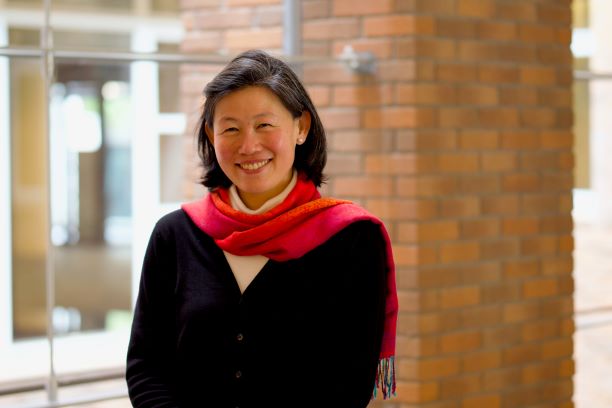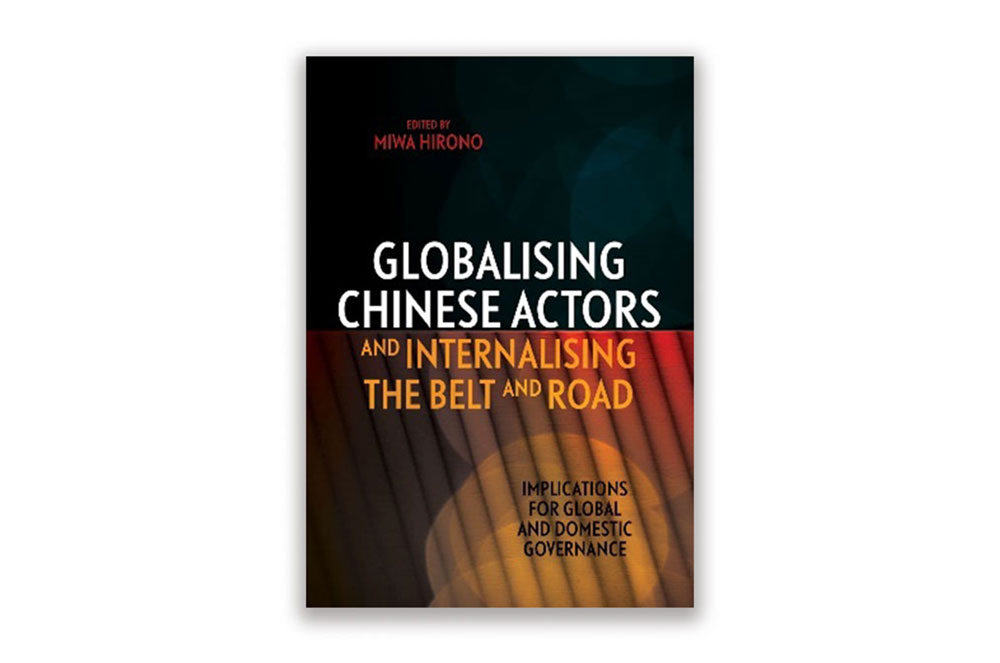RARA Associate Fellow
Establishing a “Global China Studies Center” to collaborate with research communities in developing countries



Establishing a “Global China Studies Center” to collaborate with research communities in developing countries
SCROLL
FELLOW PROFILE
Currently serving as an Associate Dean at the College of Global Liberal Arts and a Professor of International Relations at the Graduate School of International Relations at Ritsumeikan University.
Her publications include the following books: Globalising Chinese Actors and Internalising the Belt and Road Initiative Projects (ANU Press, forthcoming), Ittai Ichiro ha Naniwo Motarashitanoka (What the Belt and Road Has Brought) (Keiso Shobo, 2021); China’s Evolving Approach to Peacekeeping (Routledge, 2012). She has taught at the Australian National University, where she was awarded a PhD in International Relations, the University of Cambridge, and the University of Nottingham.
SEE ALSO
Establishing a Center of “Global China Studies”: China’s International Presence from the Perspective of Developing Countries
Discussions about China’s international profile are dichotomized, reflecting analysts’ views on whether China’s growing global presence will lead to positive or negative outcomes. These views are often shaped by ideological perspectives and heightened geopolitical tensions between China and the United States.
However, fully taking into account discussions in developing countries, which occupy a majority of the world, can significantly alter our understanding of China’s global presence. These discussions often emphasize local pragmatism—an idea that focuses on improving local lives and pursuing local interests—rather than grand strategic narratives driven by ideology. Examining how people in developing countries perceive China’s increasing activities in their countries provides a perspective distinct from the grand-strategic and ideology-centric view. Instead, a ‘people’-centric perspective offers a more accurate and empirically based understanding of China’s global roles.
In developing countries, vulnerable populations, such as women, refugees, and the impoverished, are always directly affected by structural problems in their societies. As China’s international presence grows, aspects of the structural problems increasingly intersect with China’s investment and related activities. By focuses on the voices of these vulnerable groups, my research aims to examine how China’s presence impacts their lives and identify the improvements they seek through this presence. In doing so, my research provides important policy recommendations to international organizations and various governments, helping them address the needs of the vulnerable. The practical application of knowledge about a global China is one of the key contributions of Global China Studies, a cutting-edge discipline that my research attempts to advance.
My research aims to be a landmark study in the field of Global China Studies. It involves not only conducting in-depth field research across various developing countries but also developing new methodologies to advance future research in the discipline. Further, I plan to establish the Global China Studies Center at Ritsumeikan University within the next few years, enhancing the University’s role as a leading global center for advanced studies with a focus on a global China in the next few decades.
My research also aims to help younger generations, such as undergraduate and high school students, gain a better understanding of international relations, with a particular focus on China. For example, it employs a project-based learning approach, allowing students to “experience” international relations and development. Students from diverse cultural backgrounds collaborate to address various socio-political issues in developing economies (for instance, my Ritsumeikan students are currently working with students from St Xavier’s College in Nepal). We are committed to fieldwork-based research, focusing on how China’s presence has affected vulnerable populations in developing economies. Furthermore, based on the findings from my own research and student projects, we will provide policy recommendations to businesses and NGOs.
Partnerships:
The most important partners in my research are vulnerable communities in developing countries. By collaboratively discussing and identifying their needs, I aim to contribute to international social changes that lead to more inclusive public policymaking. Equally important are partnerships with research communities in these countries. By integrating their invaluable insights into my research, I plan to enhance the academic experience of early career researchers from developing countries and improve the quality of collaborative research. Additionally, I seek to strengthen partnerships with companies, NGOs, think tanks focused on developing countries, and the global community of China researchers.
Research collaborations:
What I value in research collaborations is two-fold. First, vulnerable groups in developing economies, such as women, refugees, and the impoverished, are seen not merely as “”research subjects”” but as “”research partners.”” I work collaboratively with them to develop joint policy recommendations. Second, the international research collaboration I organize connects global research networks with China studies communities in Japan. This effort aims to reflect the wealth, depth, breadth, and quality of China studies in Japan, accumulated by Japanese scholars over many years.



Latest Research Activity Report
-

Research Activity Report / Miwa Hirono
Professor Miwa Hirono to Moderate the Global China Studies Seminar Series
2025 / 11 / 17
VIEW DETAIL
-

Research Activity Report / Miwa Hirono
"Globalising Chinese Actors and Internalising the Belt and Road" edited by Professor Miwa Hirono has been published from ANU Press
2025 / 07 / 15
VIEW DETAIL
-

Research Activity Report / Miwa Hirono
Professor Miwa Hirono’s comments have been published in The Japan Times
2024 / 09 / 25
VIEW DETAIL

